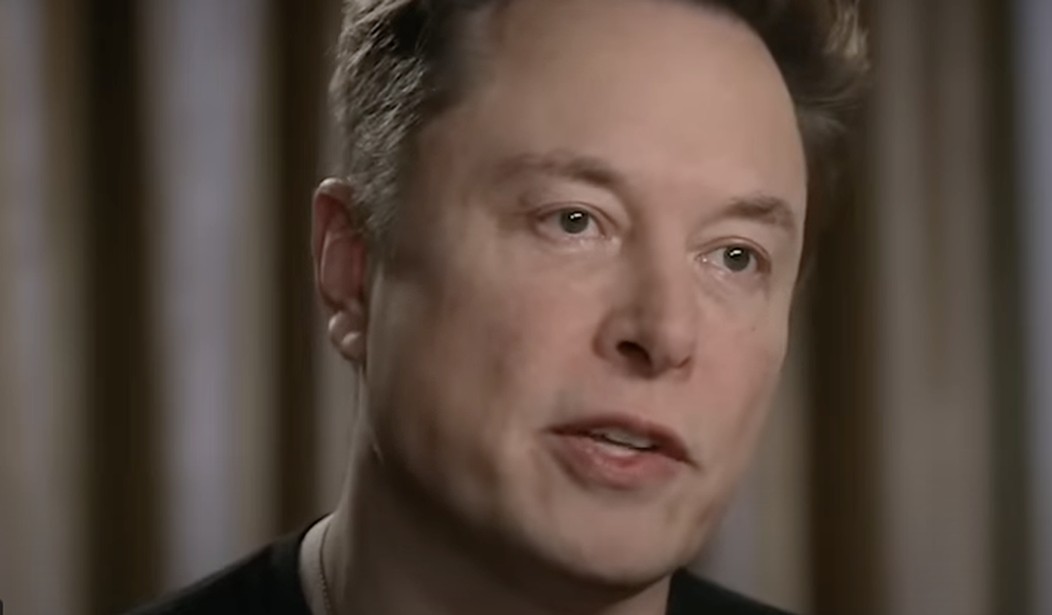Tech entrepreneur Elon Musk has been one of the lone public voices with a large platform warning of the existential threat that AI poses to human life.
Via Fortune:
Elon Musk thinks the world is woefully unprepared for the impact of artificial intelligence. On Sunday, he agreed that the technology will hit people “like an asteroid,” and he revealed that he used his only one-on-one meeting with then President Barack Obama to push for A.I. regulation.
The Twitter and Tesla CEO made the comments in response to a tweet from A.I. software developer Mckay Wrigley, who wrote on Saturday: “It blows my mind that people can’t apply exponential growth to the capabilities of AI. You would’ve been called a *lunatic* a year ago if you said we’d have GPT-4 level AI right now. Now think another year. 5yrs? 10yrs? It’s going to hit them like an asteroid.”
Musk responded: “I saw it happening from well before GPT-1, which is why I tried to warn the public for years. The only one on one meeting I ever had with Obama as President I used not to promote Tesla or SpaceX, but to encourage AI regulation.” Obama had dinner with Musk in February 2015 in San Francisco.
Musk’s plea, as we know, went unheeded by three consecutive administrations, speculatively due to Silicon Valley’s immense lobbying power and probably due in part to geriatric Congress creatures’ total lack of sophistication regarding technological products.
Here they are struggling to understand the basics of how GPS and search engines work.
How much foresight could we expect from these people?
In a sitdown interview with Tucker Carlson that aired on April 17, Musk doubled down on his call for AI regulations to check the existential threat that it poses to human life.
Via CNBC:
Musk told Carlson he envisions a regulatory agency that “initially seeks insight into AI, then solicits opinion from industry, and then has proposed rule-making,” something like the Federal Aviation Administration and the way it has come to work with aviation and aerospace companies. With an agency and industry-accepted rules in place, “I think we’ll have a better chance of advanced AI being beneficial to humanity,” Musk said.
Musk, in his role as co-founder of leading firm OpenAI incorporated in 2015, is in a unique position to understand the dangers that AI poses.
State regulation of any aspect of the economy is, of course, a dirty word to many on the right who favor a free market. And that sort of skepticism of state power is indeed warranted, abusive as it is of Constitutional rights.
But it seems tackling the unique challenge that AI poses to civilization in any meaningful way requires some ideological flexibility here, or else a serious plan to use non-state power to constrain AI.










Join the conversation as a VIP Member